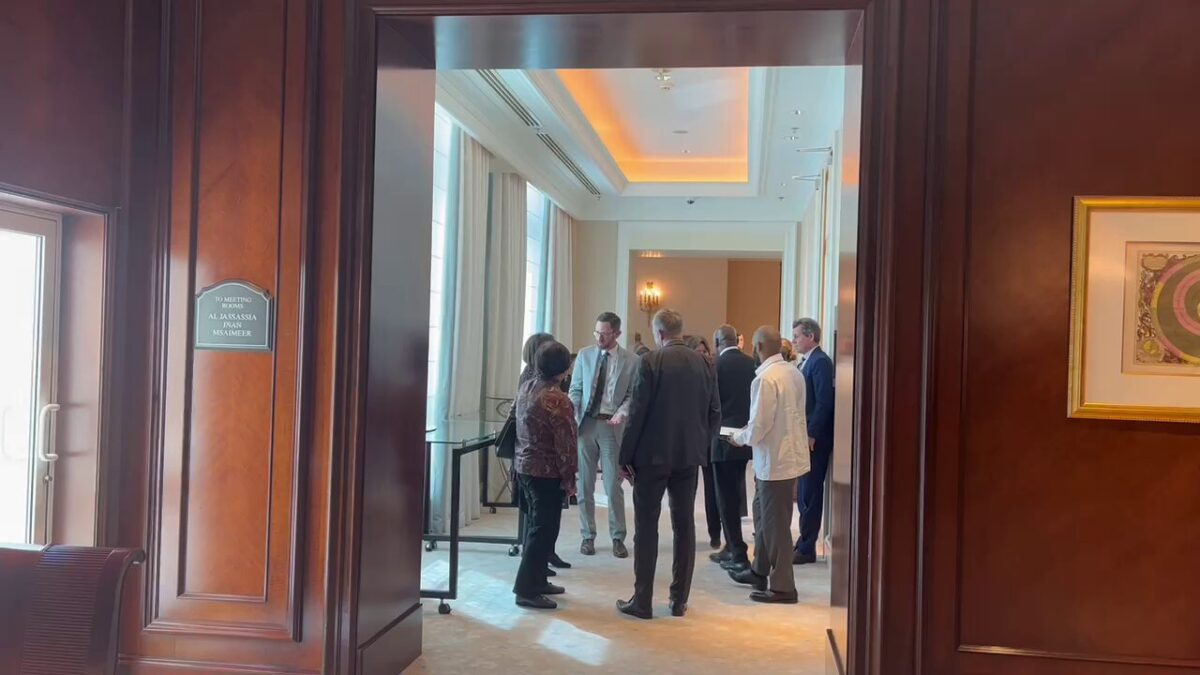DOHA, Qatar — Special envoys representing multiple countries convened on Sunday in Doha for discussions about Afghanistan’s current situation, a meeting spearheaded by the United Nations chief.
A source informed Amu that the meeting centers on three main topics. The primary focus is establishing international consensus between Western and regional powers concerning Afghanistan, amidst previous tensions over the nation’s issues.
Barna Salehi, a political analyst, expressed skepticism about the outcomes of the Doha conference. “I don’t think in the Doha conference, a consensus which can lead to resolving the issues of Afghanistan or find a proper approach for Afghanistan, will be achieved,” he stated.
The second topic, according to the source, aims to encourage the Taliban to uphold responsibilities towards Afghans and the global community. This aspect has gained significant attention from human rights and women’s rights advocates. Rahil Talash, a women’s rights activist, urged the international community to limit cooperation with the Taliban. “The world countries should be alerted to not cooperate with them [Taliban] as some of the countries have opened embassies for them. They hold good relations and even cooperate with the group [Taliban],” she emphasized.
The third area of discussion in Doha is a strategic plan for Afghanistan’s political future, including the type of government required for internal legitimacy and international recognition.
Fazal Hadi Wazin, another political analyst, views the Doha meeting as a crucial opportunity to enhance Afghanistan’s international relations. Concurrently, the Unity and Solidarity of Afghan Women, a women’s rights organization, highlighted the importance of establishing an inclusive government in Afghanistan.
A notable addition to the Doha summit includes a scheduled meeting between Afghanistan’s civil society members and the special envoys on Monday.





